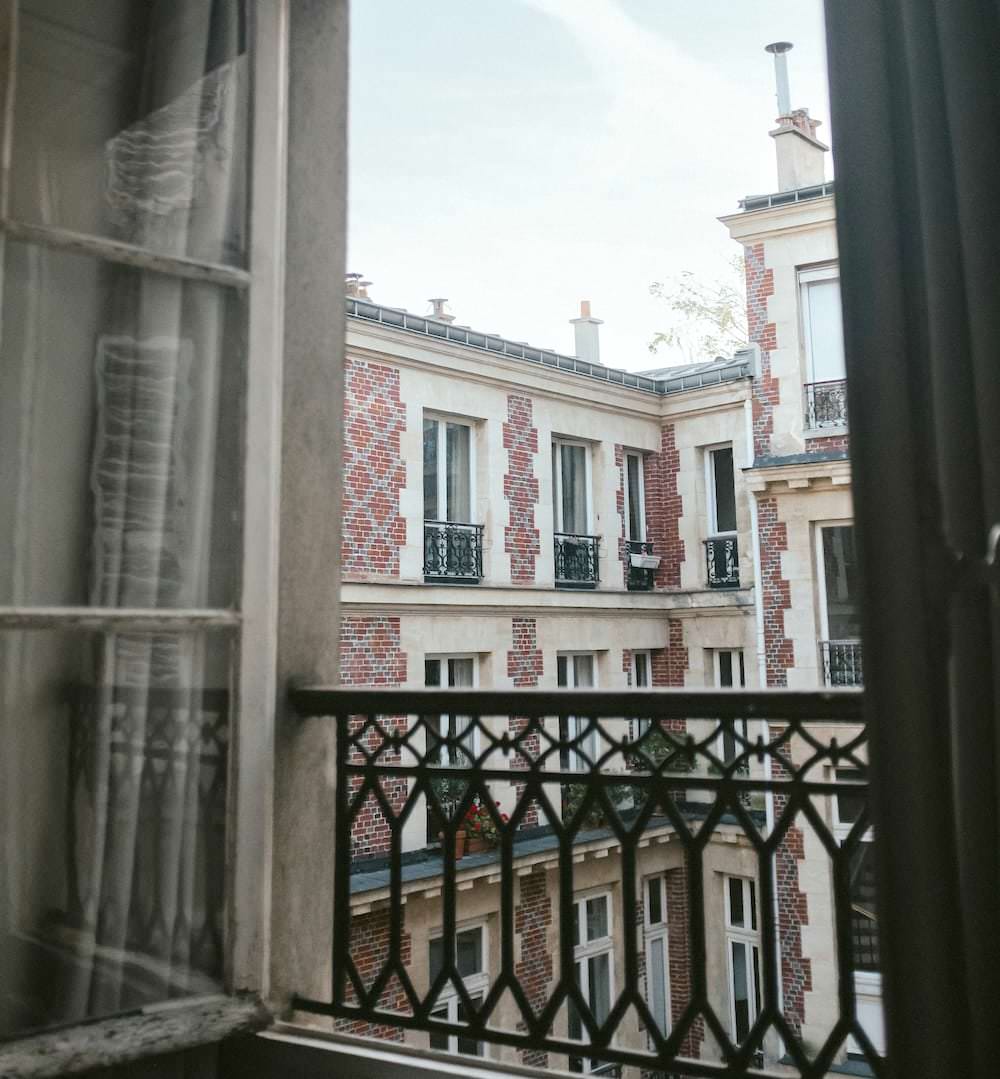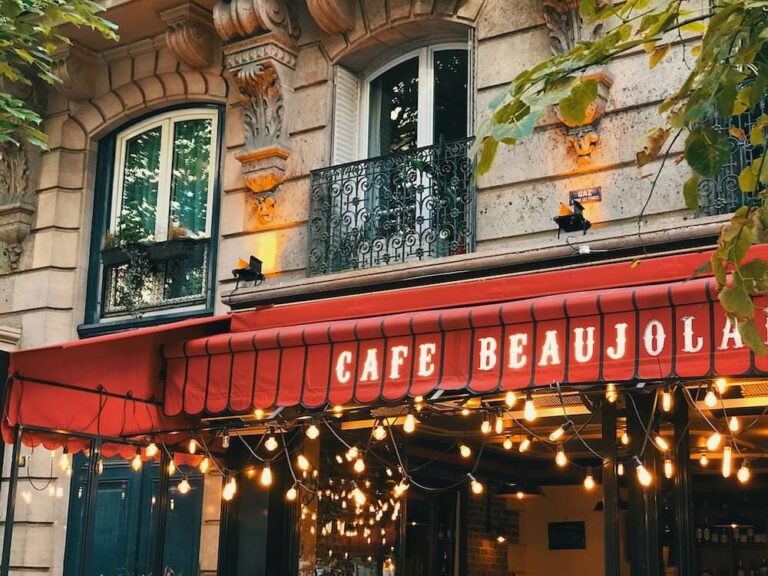loger vs se loger
“Loger” is a transitive verb meaning to accommodate, house, or provide lodging for someone or something. The subject provides housing to the object.
“Se loger” is a reflexive verb meaning to find accommodation, to house oneself, or to settle somewhere. The subject finds or secures housing for themselves.
Key structural differences
Loger (transitive)
This verb requires a direct object. Someone or something is doing the housing.
- Elle loge ses parents pendant les vacances. She houses her parents during the holidays.
- L’hôtel peut loger cent cinquante personnes. The hotel can accommodate one hundred fifty people.
- Nous logeons trois étudiants dans notre maison. We house three students in our house.
Se loger (reflexive)
This verb focuses on the subject finding accommodation for themselves. It uses reflexive pronouns (me, te, se, nous, vous, se).
- Je me loge chez des amis. I am staying with friends.
- Ils se logent dans un petit appartement. They live in a small apartment.
- Comment vous logez-vous pendant votre voyage? How are you accommodating yourselves during your trip?
Common usage patterns
Loger in practical contexts
When describing the act of providing accommodation:
- Le propriétaire loge ses locataires dans de bonnes conditions. The landlord houses his tenants in good conditions.
- Cette auberge de jeunesse loge les voyageurs à petit prix. This youth hostel accommodates travelers at low cost.
When talking about capacity:
- Ce camping peut loger mille personnes. This campsite can house one thousand people.
- L’université loge tous ses étudiants de première année. The university houses all its first-year students.
Se loger in everyday situations
When describing finding accommodation:
- Il est difficile de se loger à Paris. It is difficult to find housing in Paris.
- Après le divorce, elle a dû se loger ailleurs. After the divorce, she had to find somewhere else to live.
When talking about temporary stays:
- Pendant le festival, nous nous logeons chez des habitants. During the festival, we stay with local residents.
- Les touristes se logent souvent dans des chambres d’hôtes. Tourists often stay in bed and breakfasts.
Contextual applications
Business and hospitality
“Loger” appears frequently in professional contexts:
- Le complexe hôtelier loge jusqu’à cinq cents invités. The hotel complex accommodates up to five hundred guests.
- L’entreprise loge ses employés dans des logements de fonction. The company houses its employees in company housing.
Personal housing situations
“Se loger” is common in personal contexts:
- Depuis qu’il travaille à Lyon, il se loge dans un studio. Since he has been working in Lyon, he lives in a studio apartment.
- Les jeunes couples ont du mal à se loger en centre-ville. Young couples have trouble finding housing in the city center.
Emergency and temporary situations
Both verbs appear in emergency contexts but with different focuses:
- La mairie loge les sinistrés dans un gymnase. The town hall houses the disaster victims in a gymnasium.
- Après l’inondation, les familles se logent chez des proches. After the flood, families are staying with relatives.
Regional and formal variations
Administrative language
In official documents, “loger” often appears:
- L’État s’engage à loger les réfugiés. The state commits to housing refugees.
- Cette mesure vise à loger les personnes sans domicile. This measure aims to house homeless people.
Everyday conversation
“Se loger” dominates casual speech:
- Tu te loges où maintenant? Where are you living now?
- On se loge comme on peut avec ce budget. We find housing as best we can with this budget.
Expressions and idioms
With “loger”
- Être logé à la même enseigne (to be in the same boat): Nous sommes tous logés à la même enseigne face à cette crise. We are all in the same boat facing this crisis.
- Loger le diable dans sa bourse (to be penniless): Depuis qu’il a perdu son emploi, il loge le diable dans sa bourse. Since he lost his job, he is penniless.
With “se loger”
- Se loger à l’enseigne de (to stay at the sign of): Il se loge à l’enseigne du Cheval Blanc. He stays at the White Horse inn.
Special cases and exceptions
Inanimate objects
“Loger” can refer to housing objects:
- Cette armoire loge tous mes vêtements. This wardrobe houses all my clothes.
- Le tiroir loge les couverts. The drawer houses the cutlery.
“Se loger” can describe objects finding their place:
- La balle s’est logée dans le mur. The bullet lodged itself in the wall.
- Un caillou s’est logé dans ma chaussure. A pebble got stuck in my shoe.
Professional contexts
In real estate and property management:
- Cette agence loge des centaines de familles. This agency houses hundreds of families.
- Les nouveaux arrivants se logent principalement en banlieue. Newcomers mainly find housing in the suburbs.
Grammatical considerations
Conjugation differences
Both verbs follow regular -er conjugation patterns, but “se loger” requires reflexive pronouns:
Je loge vs Je me loge Tu loges vs Tu te loges Il loge vs Il se loge
Prepositions
“Loger” typically uses “dans” (in) for location: Il loge ses invités dans la chambre d’amis. He houses his guests in the guest room.
“Se loger” uses various prepositions: Se loger chez (at someone’s place) Se loger dans (in a place) Se loger à (at a location)






